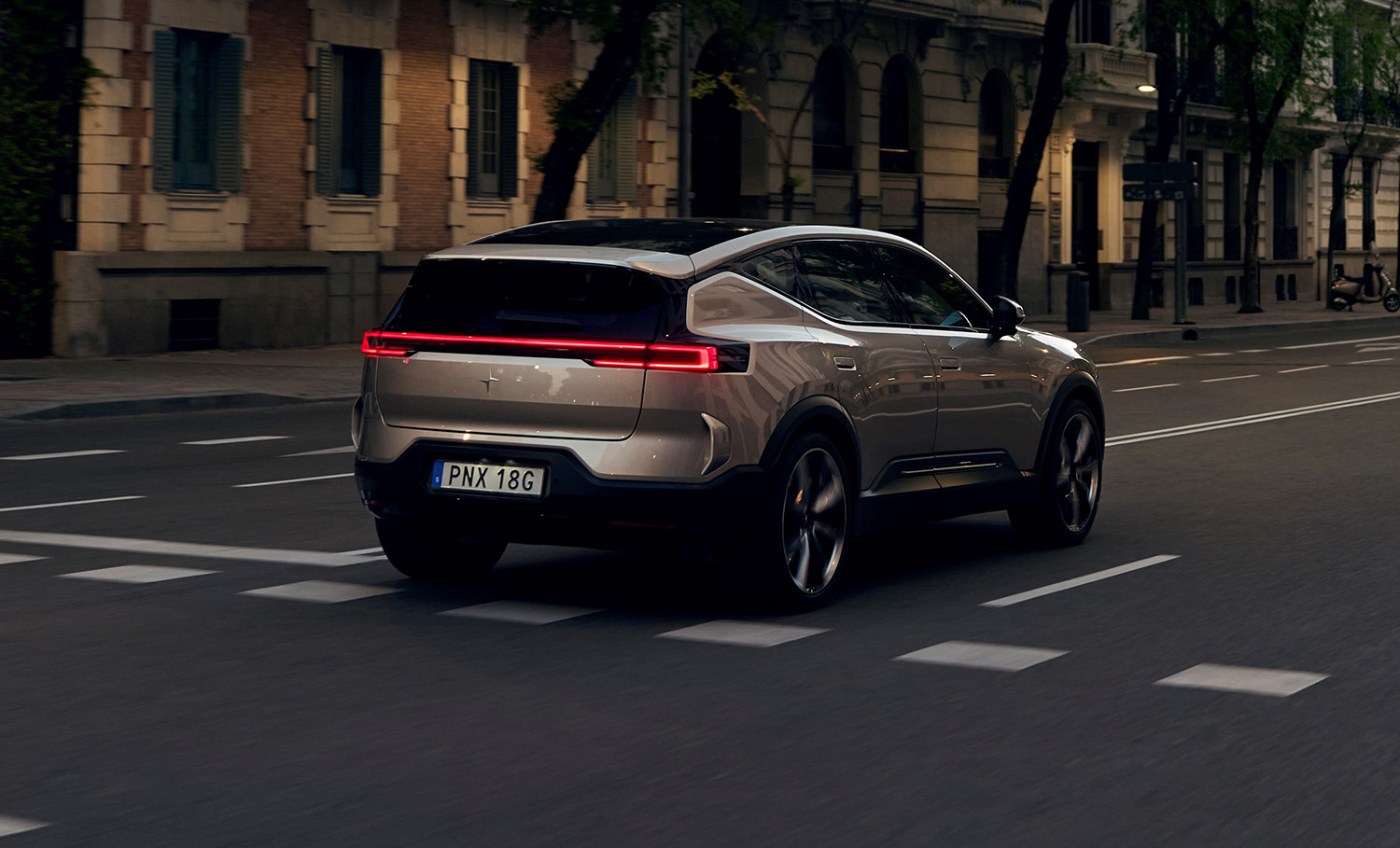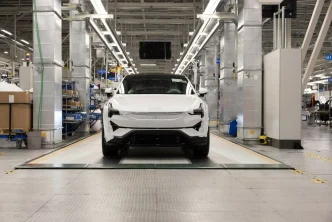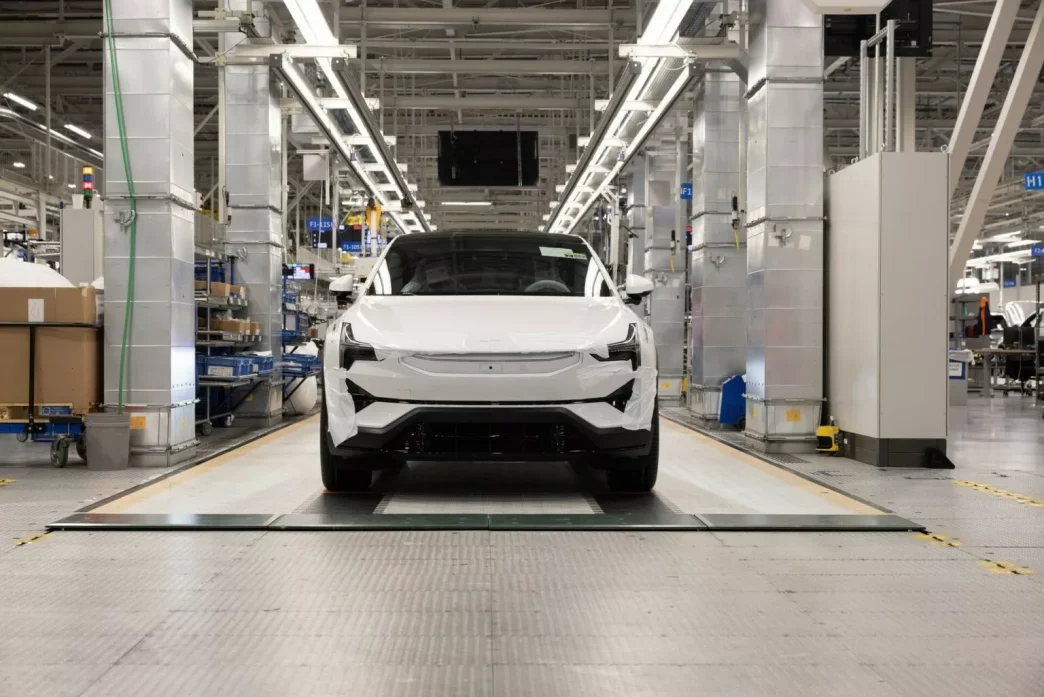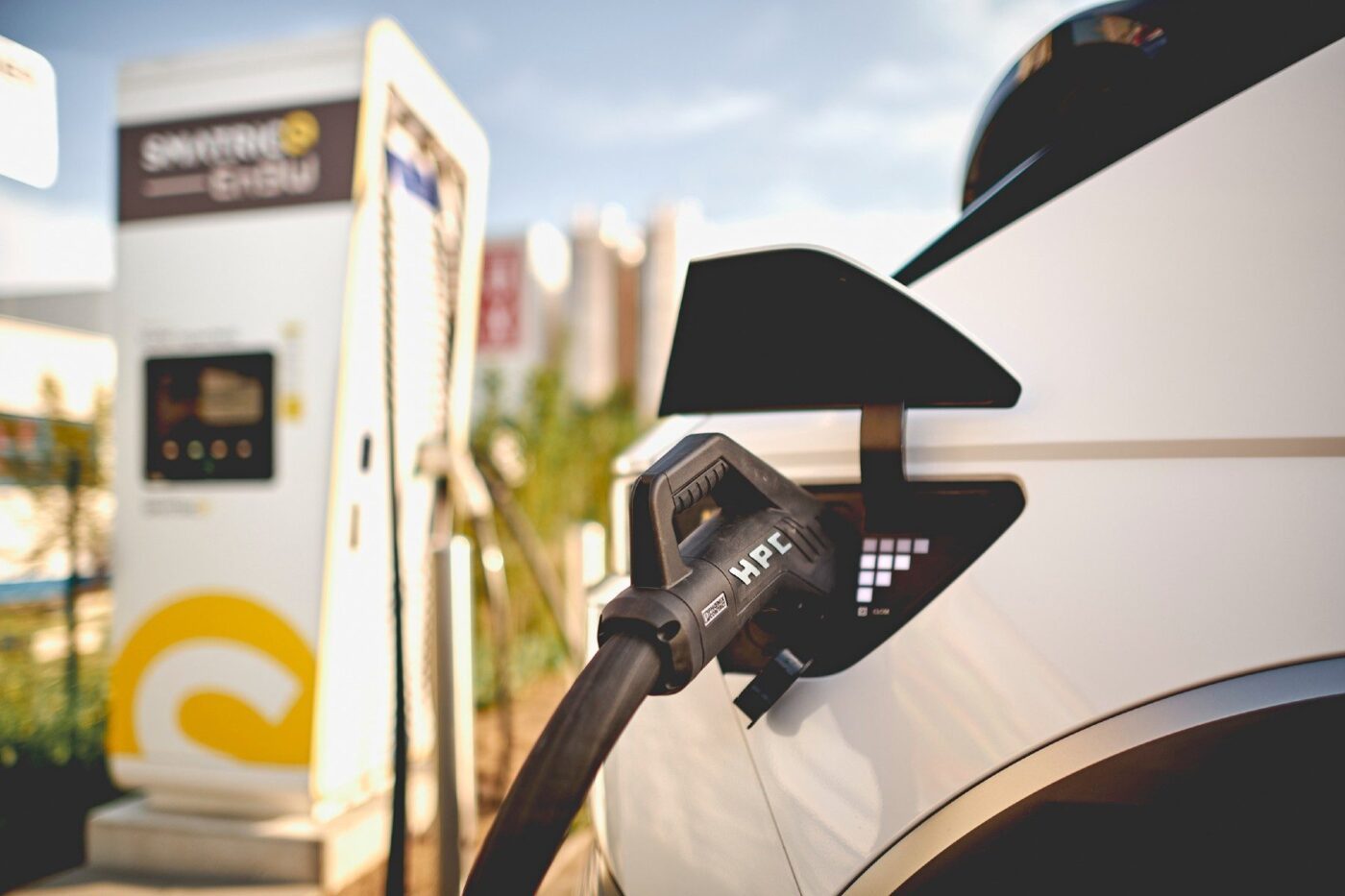Polestar, the Swedish electric vehicle (EV) brand owned by China’s Geely Group, is actively seeking non-Chinese suppliers for its connectivity components to comply with an upcoming U.S. ban on Chinese-made hardware and software in connected vehicles, CEO Michael Lohscheller said in an interview.
The ban, announced by the U.S. government in the final week of President Joe Biden’s term, prohibits the sale of connected vehicles and related components produced by entities “owned by, controlled by, or subject to the jurisdiction or direction of the PRC [People’s Republic of China] or Russia.” The regulation, aimed at safeguarding automotive supply chains from cyber threats, will take effect for model year 2027 vehicles.
See also: Polestar 2 to Receive Direct Successor by End of Decade, CEO Confirms

Polestar, which manufactures its Polestar 3 model in the U.S. at Volvo’s South Carolina plant, is determined to remain in the American market despite the restrictions. “We have a manufacturing facility in the U.S. We are creating American jobs,” Lohscheller said. “We will and have to find solutions because the U.S. is a big growth market for us.”
The ban targets critical systems such as Wi-Fi, Bluetooth, cellular, and satellite connectivity, as well as advanced driver-assistance technologies. While Chinese automakers like BYD, Nio, and Xpeng are not currently active in the U.S. market, Polestar faces unique challenges due to its Chinese ownership and reliance on Chinese suppliers for many components.

Most Polestar vehicles are produced in China, and the brand’s ties to Geely, which acquired Volvo Cars in 2010, complicate its position in the U.S. market. However, Lohscheller emphasized that Polestar has sufficient time to adapt before the ban takes effect. “We are now considering finding new non-Chinese suppliers for our electric car software and other components,” he said.
Polestar’s challenges in the U.S. extend beyond the connectivity ban. The brand is also grappling with the impact of President Donald Trump’s decision to end subsidies for electric vehicles and his broader threats of a global tariff war. Additionally, intensifying competition from Tesla and Chinese EV manufacturers in other markets adds pressure.
See also: Polestar 5 Set for 2025 Launch, Polestar 7 SUV Revealed

Some analysts have raised doubts about Polestar’s ability to expand in the U.S. under its current ownership structure. Dan Levy, an analyst at Barclays, suggested that Polestar may need to either exit the U.S. market or operate independently of Geely to avoid restrictions. “Polestar will either have to withdraw from the U.S. or be spun off into an independent company without Geely’s control and without using Geely technologies,” Levy said.
Lohscheller, however, dismissed the idea of leaving the U.S. market. “I think we should hold the course,” he said, referring to Polestar’s EV strategy. “And then we will see what customers really want.”
As Polestar works to secure new suppliers and adapt to evolving regulations, the brand’s ability to navigate these challenges will be critical to its success in one of the world’s largest automotive markets.
Source: FT












